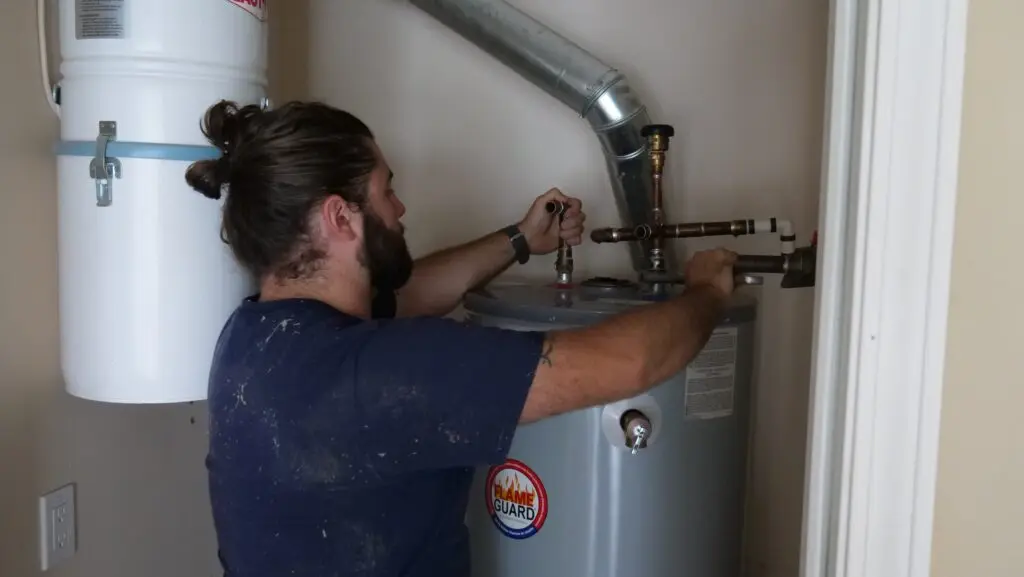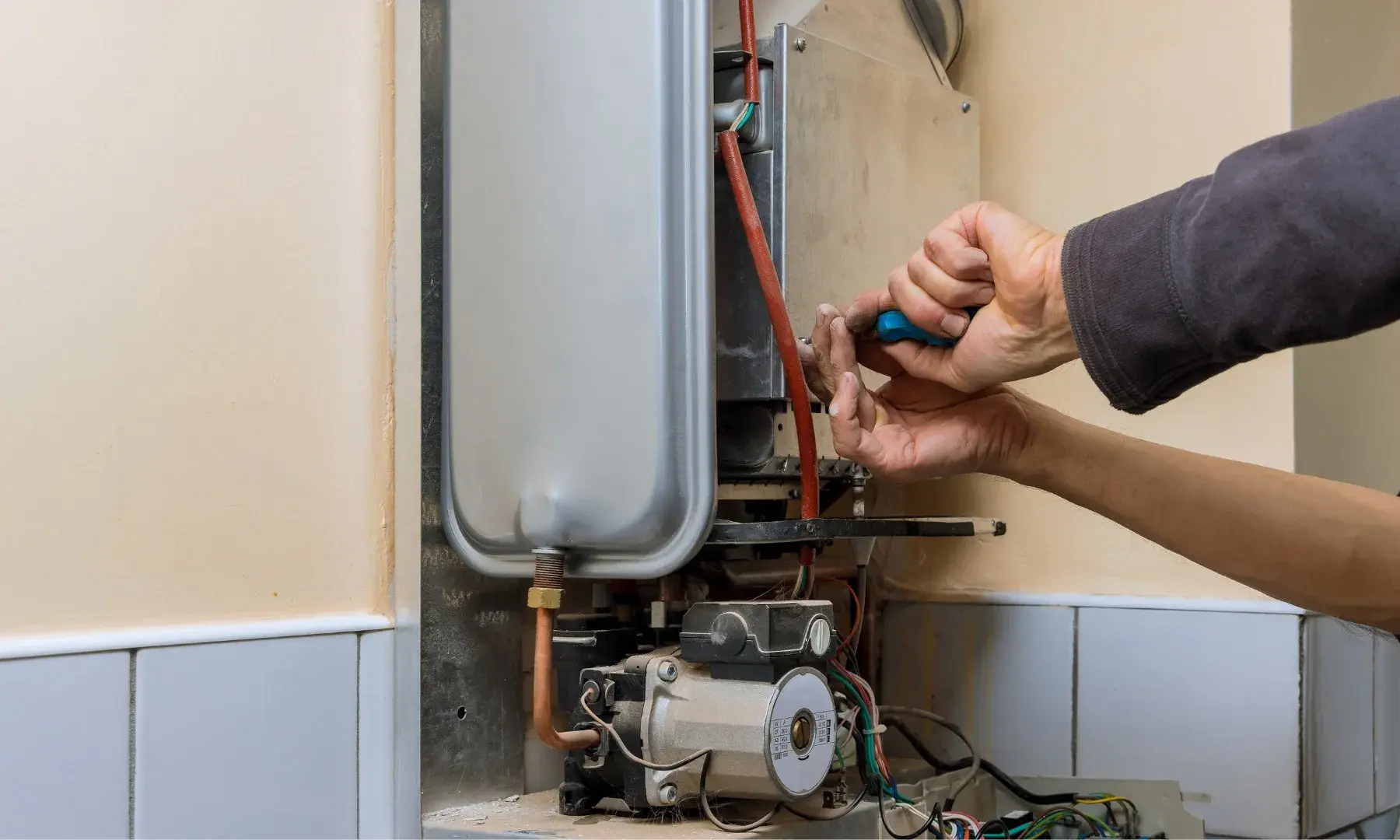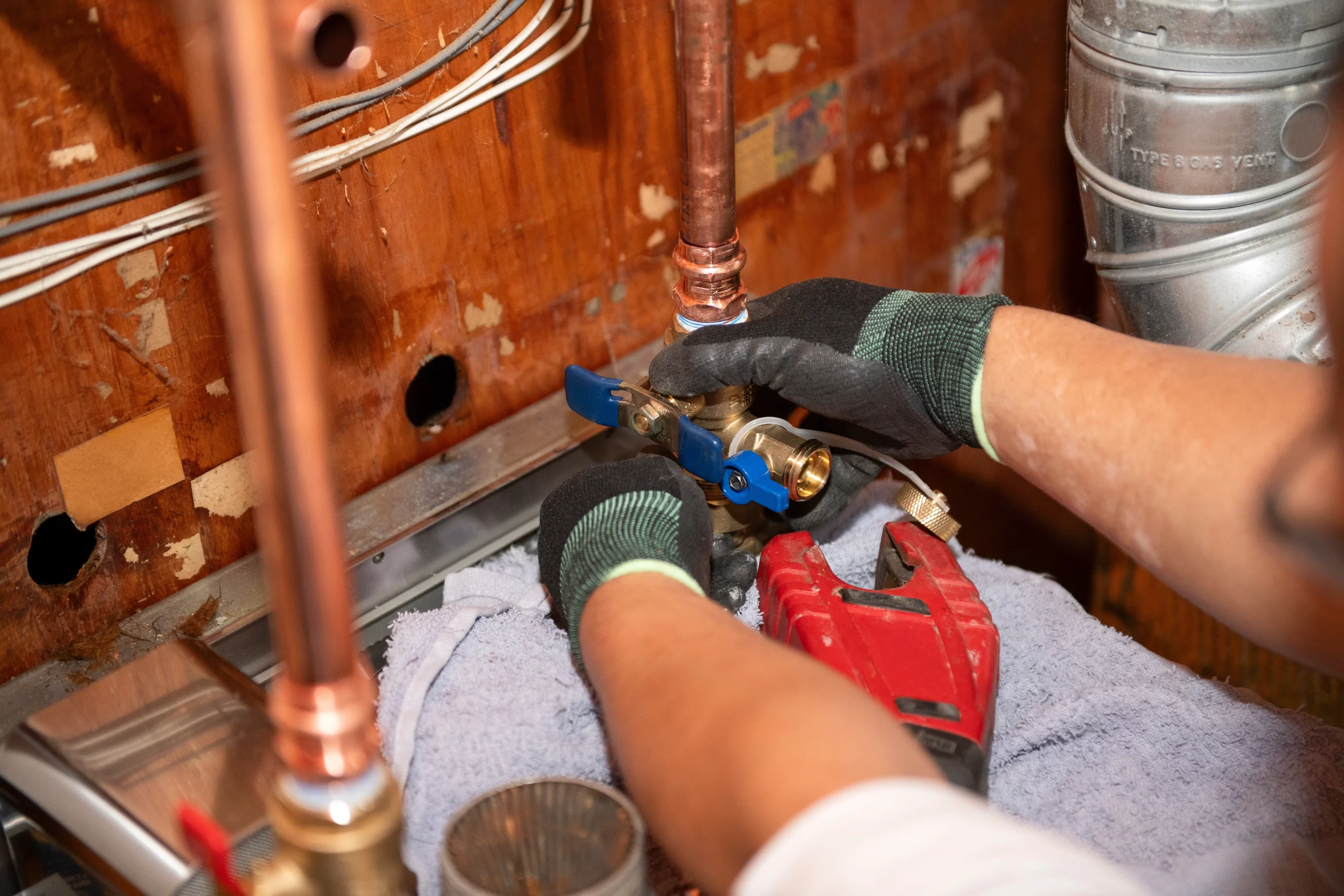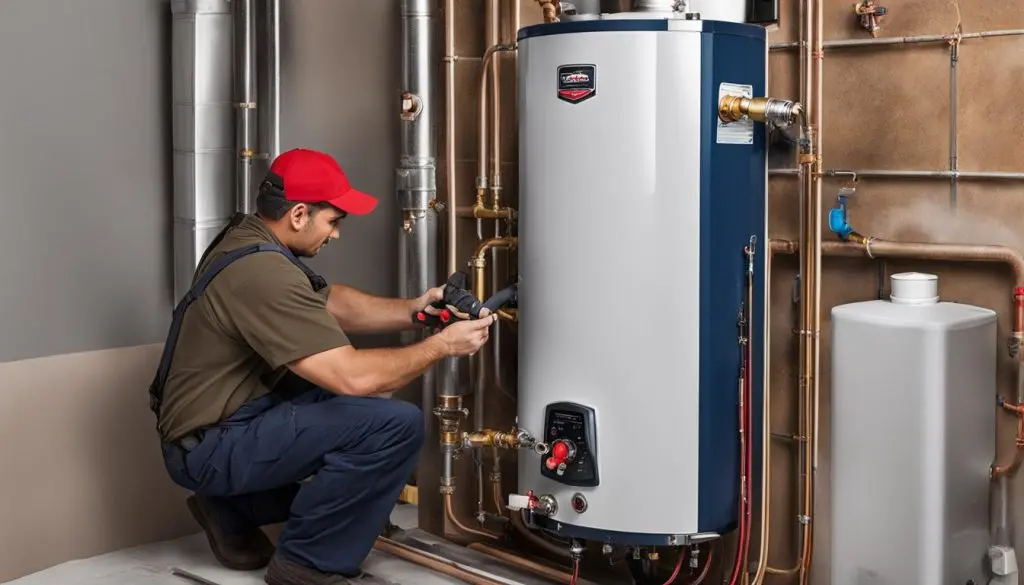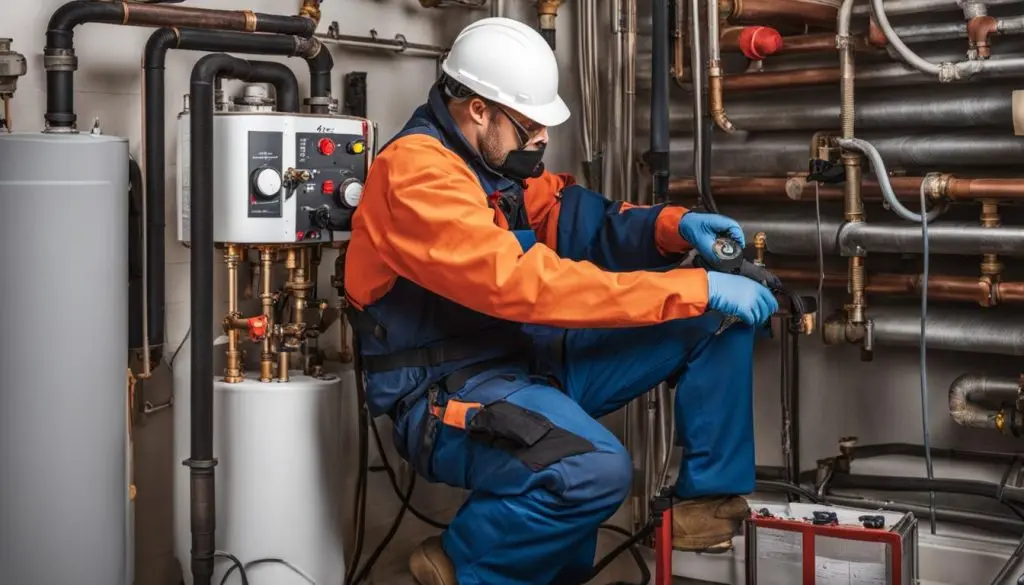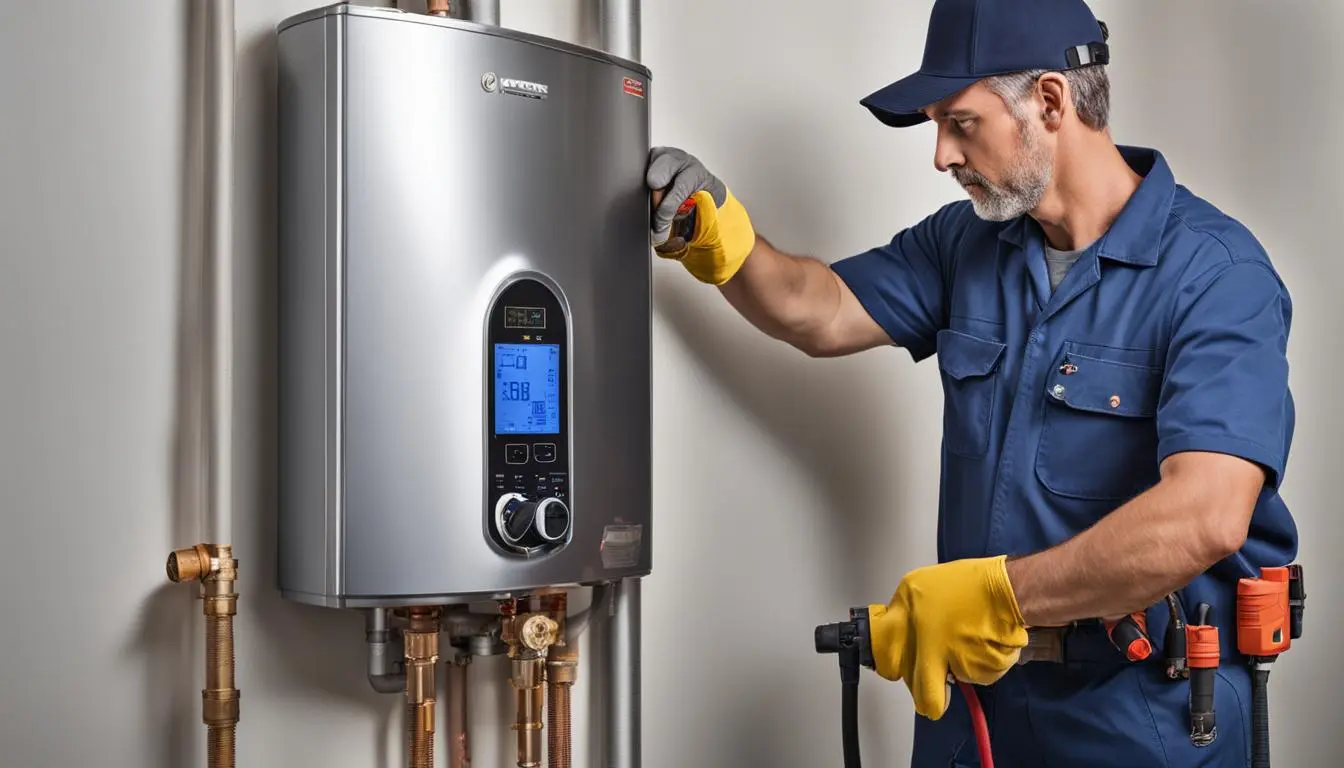How long does a tankless water heater replacement take?
Most replacements can be completed in a single day, especially since we stock Noritz units in-house for quick turnaround.
Will a new Noritz tankless water heater save me money on energy bills?
Yes. Noritz systems are highly efficient and only heat water on demand, which reduces energy waste and lowers monthly bills.
Can I replace my tankless water heater with a different brand?
We recommend Noritz due to its proven durability and performance. Our team specializes in Noritz systems for seamless installation and support.
What kind of maintenance is required after replacement?
Annual flushing to prevent scale buildup is key, especially in areas with hard water. We offer maintenance plans to keep your system running efficiently.
Do I need a permit to replace my tankless water heater in Houston?
Yes. Local codes require permits, and our licensed team handles the permitting process for you from start to finish.

